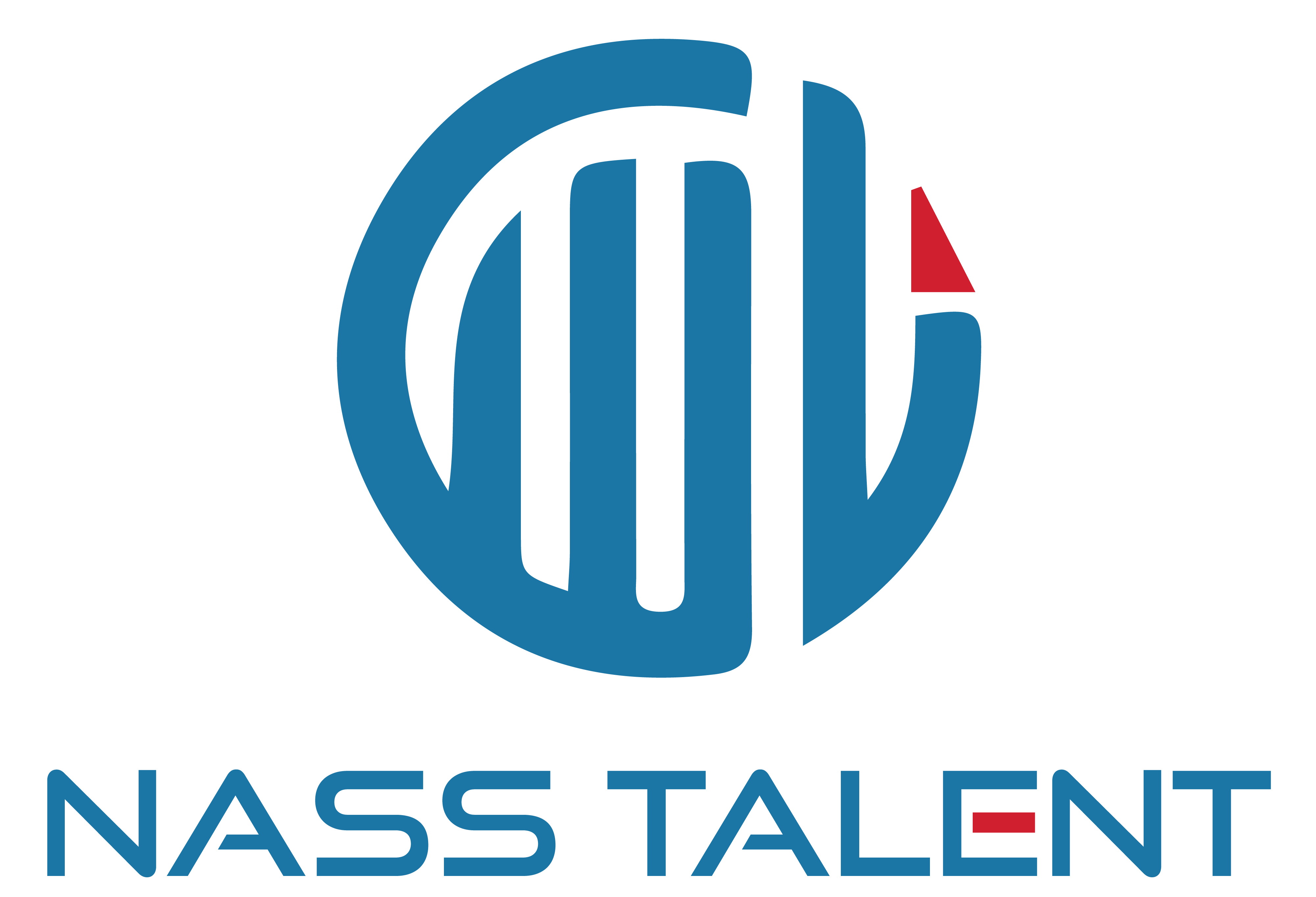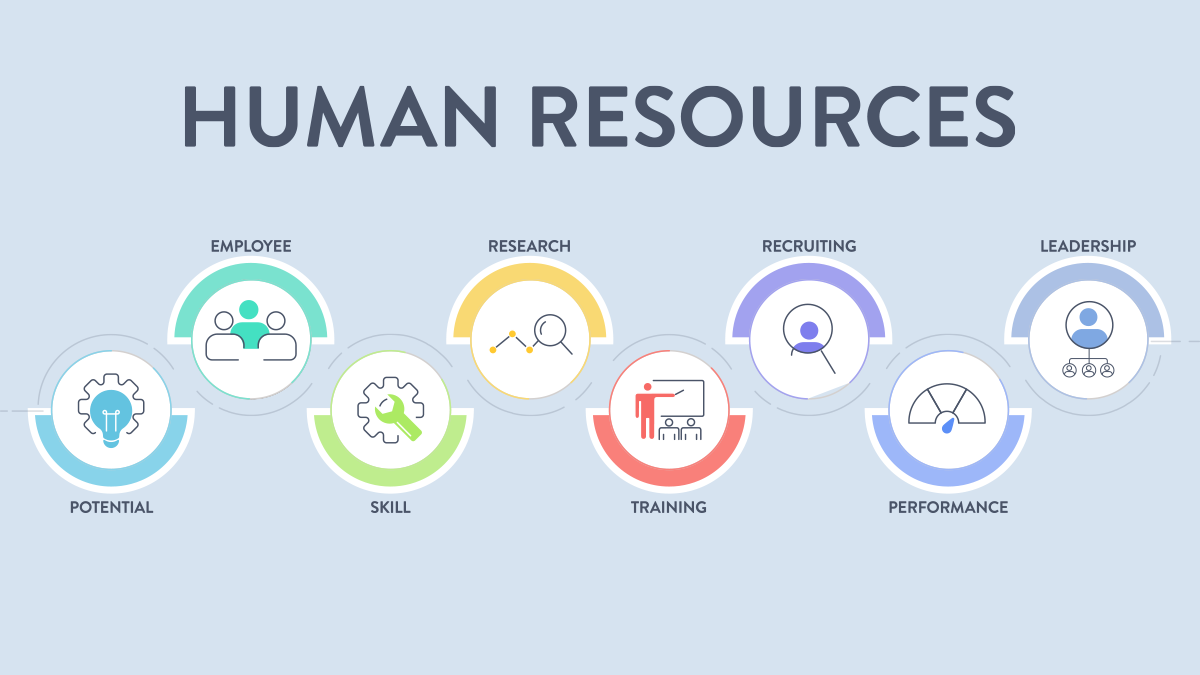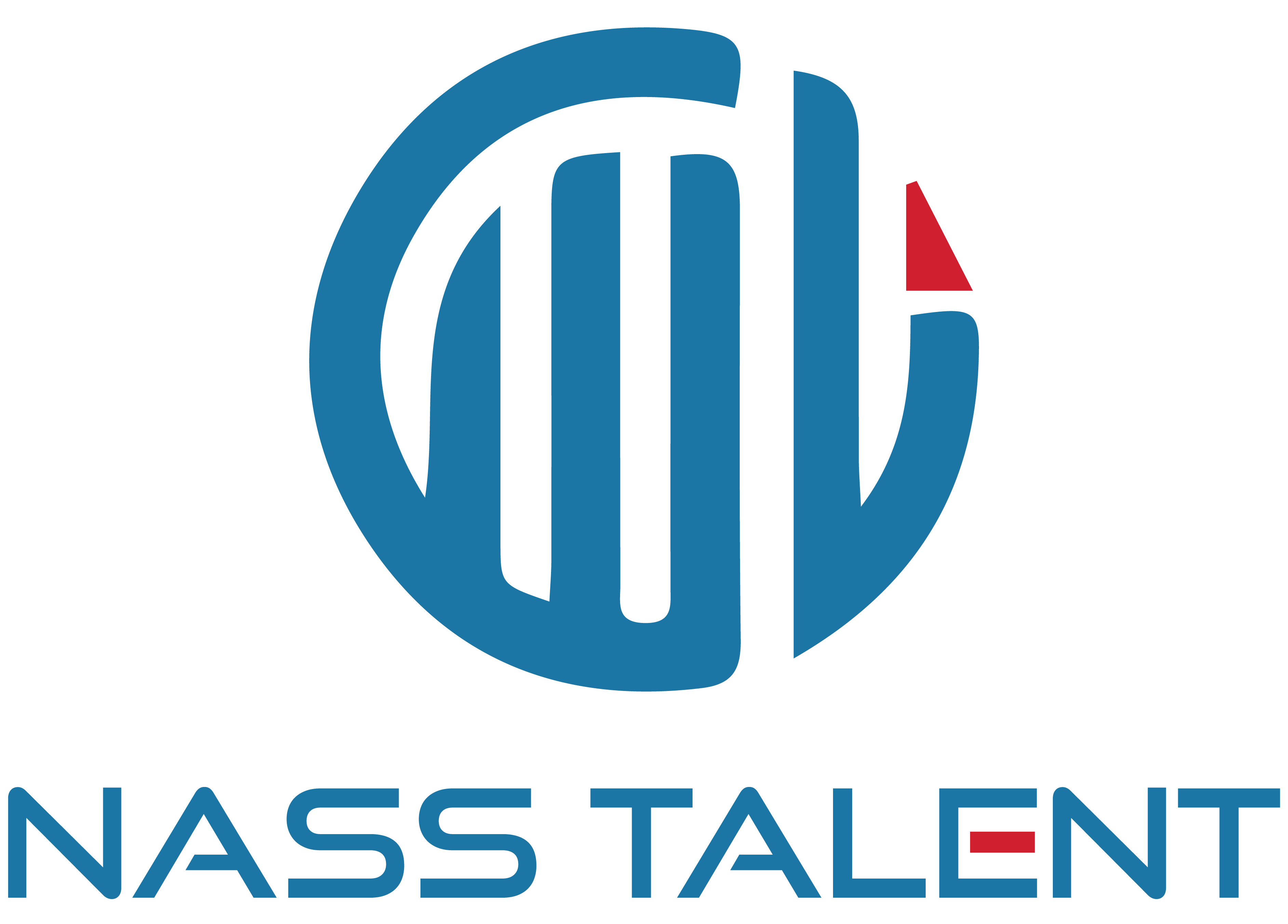HR Industry Trends and Insights: Navigating the Future of HR in UAE

With the dynamic nature of human resource profession, it becomes wise for organizations to embrace change by and be familiar with the current HR industry trends and insights. Indeed, the changes within the contemporary workplace present new forms of challenges that HR have to address. This blog has the central objective of offering insights in the current and future trends in the Human Resource field and the way they can be managed by the firms.
Current HR Industry Trends
Digital Transformation in HR
- HR Technology: The advancement in technology, and AI, machine learning, and cloud-based HR software, is disrupting the field of HR. They are helping organisations to carry out tasks faster, make better and informed decisions hence improving performance.
- Automation: Technological advancements continue to redesign traditional processes like payroll, recruitment, and performance management to name but a few so that most of the time of an HR professional is devoted to more strategic tasks.
Remote Work and Hybrid Models
- Workplace Flexibility: Thus, there are critical practices for HR that have come into question due to the change towards remote and hybrid work. Such changes require assessment in relation to the ways in which teams are managed or how organizational culture is sustained.
- Remote Team Management: There are few things that are as important as managing the team and employees remotely, particularly in the context of the current climate. Some best practices may involve involving everybody in the team, having goals for and applicable communication with all the team members that are involved.
Employee Experience and Well-being
- Focus on Well-being: Modern business trends are the development of special programs and concerns about the psychological health of employees and possibilities for maintaining a work-life balance. It has therefore become common for HR departments to focus on these areas and bring in programs that help enhance the satisfaction of the employee, hence the retention rates.
- Employee Engagement: A growing trend is to promote employee personalization and feedback – the desire to increase the degree of staff engagement.
Diversity, Equity, and Inclusion (DEI)
- Importance of DEI: Diversity, equity, and inclusion are now central to creating a positive workplace culture. HR professionals are focusing on implementing strategies that promote DEI, recognizing its role in driving innovation and employee engagement.
- Strategies for Implementation: Global HR practices can include conducting bias training, implementing equitable hiring practices, and fostering an inclusive environment where all employees feel valued.
Talent Acquisition and Retention
- Changing Recruitment Practices: Recruitment practices are evolving with the use of data analytics, social media, and employer branding. These tools are helping organizations attract top talent in a competitive market.
- Retention Strategies: Employee retention is a critical focus area, with trends highlighting the importance of career development, upskilling, and creating a strong organizational culture.
Insights from HR Thought Leaders
For deeper insight into these trends, perceptions from top-level HR executives offer unique insights into the most current HR technology trends 2024. Examples of these trends in practices illustrate major real life success stories of enterprises and organisations in applying these changes.
The Future of HR: Emerging Trends
As we look to the future, HR industry trends and insights suggest that several emerging trends will shape the HR landscape:
- AI and Predictive Analytics: AI and predictive analytics are gradually becoming essential in future HRM strategies; especially in the areas relating to talent and employees’ engagement.
- Sustainability in HR: Green HRM is now growing, and notions of sustainable HRM are instrumental in corporate social responsibility.
- Gig Economy and Freelance Workforce: New economies are emerging in the workforce system and challenging HRM to think differently in seeking to deal with and manage freelancers’ employees.
Best Practices for Adapting to HR Trends
Adapting to these HR industry trends and insights requires a proactive approach:
- Continuous Learning and Development: Upskilling HR teams is essential for staying updated on the latest trends and ensuring that HR professionals are equipped to handle new challenges.
- Adopting HR Technology: Selecting and implementing the right HR tech solutions can greatly enhance efficiency and effectiveness in managing HR functions.
- Change Management: Successfully navigating change within the HR department and across the organization is key to staying ahead in a rapidly evolving industry.
Conclusion
In conclusion, to achieve a competitive advantage and success in the current society organizations must ensure that they keep abreast with the trends and development of the HR industry. This means that through digitization, focusing on employee experience, and integrating sustainability, the role of HR professionals is to take the organisations to future success.
FAQ
Some of the key HR industry trends and insights include increases in digital HR platforms, employee well-being, and a shift toward data-driven HR strategies.
Digital transformation would automate the routine work of HR to improve efficiency and enable better data management for decision-making.
AI can be used in various areas such as recruitment, employee engagement, and performance analytics activities that facilitate HR teams to make more informed decisions.
The shift to work from home has led organizations to accommodate flexible work policies, increased use of collaboration tools, and a focus on maintaining employer engagement remotely.
Some of the future HR industry trends and insights include continued digitization, greater AI and automation usage, and a higher focus on employee well-being and retention.









